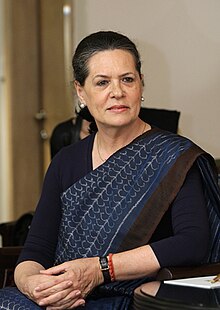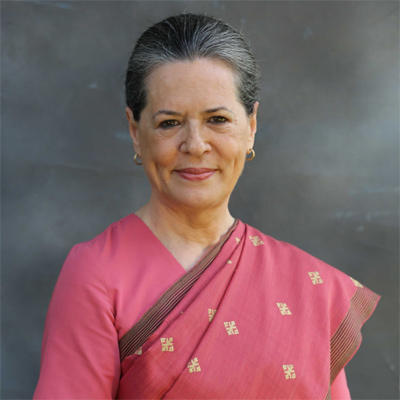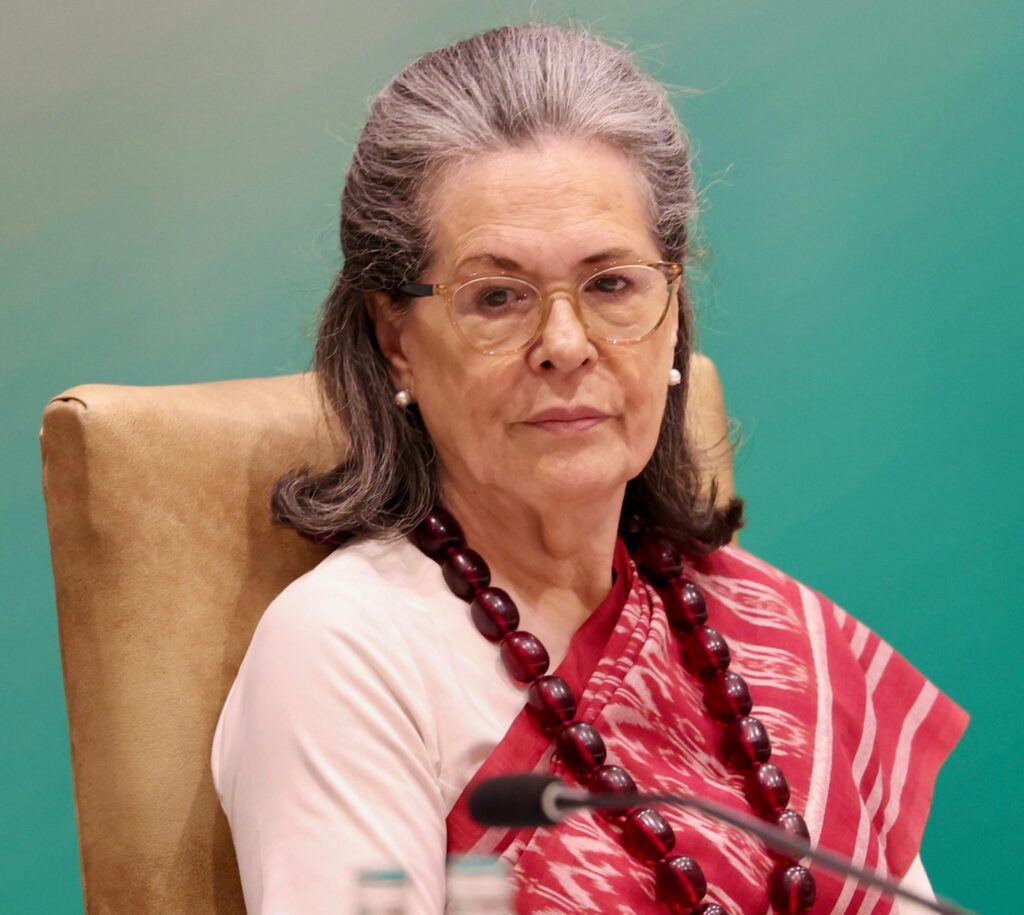Sonia Gandhi (Politician), a prominent figure in Indian politics, has played a crucial role in shaping the country’s political landscape. Born on December 9, 1946, in Lusiana, Italy, she later became the President of the Indian National Congress (INC) and one of the most influential leaders in India’s modern political history. Her journey from an outsider to a key political figure has been remarkable and inspiring.

Table of Contents
Sonia Gandhi: A Prominent Indian Politician
Sonia Gandhi (Politician) is an influential Indian politician and a key figure in the Indian National Congress (INC). Born on December 9, 1946, in Lusiana, Italy, she moved to India after marrying Rajiv Gandhi, the son of former Prime Minister Indira Gandhi.
Following the assassination of her husband, Rajiv Gandhi, in 1991, Sonia Gandhi (Politician) initially stayed away from politics but later joined the Congress party in 1997. She became the party president in 1998 and played a crucial role in reviving the INC, leading it to victory in the 2004 and 2009 general elections. Though she declined the position of Prime Minister, she remained a powerful political leader and chaired the United Progressive Alliance (UPA) government.
Sonia Gandhi (Politician) stepped down as Congress president in 2017 but continued to play a key role in party affairs. She briefly returned as interim president from 2019 to 2022 before passing the leadership to her son, Rahul Gandhi.
Her leadership and influence have left a lasting impact on Indian politics, making her one of the most prominent political figures in the country.
Early Life and Entry into Indian Politics
Sonia Gandhi (Politician) was born as Edvige Antonia Albina Màino in Italy. She met Rajiv Gandhi, the son of former Indian Prime Minister Indira Gandhi, while studying in the United Kingdom. They married in 1968 and she moved to India, embracing Indian culture and traditions. For many years, Sonia remained away from the public and political limelight, focusing on her family.
However, following the tragic assassination of Rajiv Gandhi in 1991, there was immense pressure on her to join politics. Initially reluctant, she formally entered politics in 1998 and took charge of the Congress party as its president. Under her leadership, the Congress party regained strength and went on to play a decisive role in Indian governance.

Political Career and Achievements
Sonia Gandhi (Politician) proved to be an astute leader, uniting various factions within the Congress and revitalizing the party. She led the Congress-led United Progressive Alliance (UPA) to victory in the 2004 general elections, defeating the Bharatiya Janata Party (BJP). Instead of becoming Prime Minister, she chose to step aside and nominated Dr. Manmohan Singh for the role, a decision that earned her respect and demonstrated her commitment to democratic principles.
Under her leadership, the UPA government implemented several key policies, including the National Rural Employment Guarantee Act (NREGA) and the Right to Information (RTI) Act, which had a significant impact on governance and social welfare in India. She was also instrumental in launching various social and economic reforms aimed at improving the lives of marginalized communities.
Challenges and Controversies
Like any political leader, Sonia Gandhi (Politician) has faced her share of challenges and controversies. Her foreign origins were often a point of debate among her critics, who questioned her legitimacy in Indian politics. Despite this, she remained steadfast and continued to lead the party with determination.
The Congress party faced setbacks in later years, including its defeat in the 2014 and 2019 general elections. However, Sonia Gandhi (Politician) continued to play an important role in guiding the party, serving as the interim president after Rahul Gandhi resigned from the post in 2019.
Legacy and Influence
Sonia Gandhi’s political journey is marked by resilience, adaptability, and dedication to the ideals of the Congress party. She remains a central figure in Indian politics, influencing policy decisions and party strategies. Her leadership has left a lasting impact on the political landscape of India, and she continues to be a guiding force within the Congress.
Despite stepping back from active leadership roles, Sonia Gandhi’s influence in Indian politics remains significant, and her legacy as a strong and strategic leader endures.

Conclusion
Sonia Gandhi’s journey from a reluctant political entrant to a seasoned leader showcases her resilience, dedication, and strategic acumen. While her influence in Indian politics has evolved over time, her contributions to the Congress Party and the nation remain significant. Whether in power or in opposition, she continues to shape India’s political discourse, leaving behind a legacy of leadership, sacrifice, and commitment to public service.
